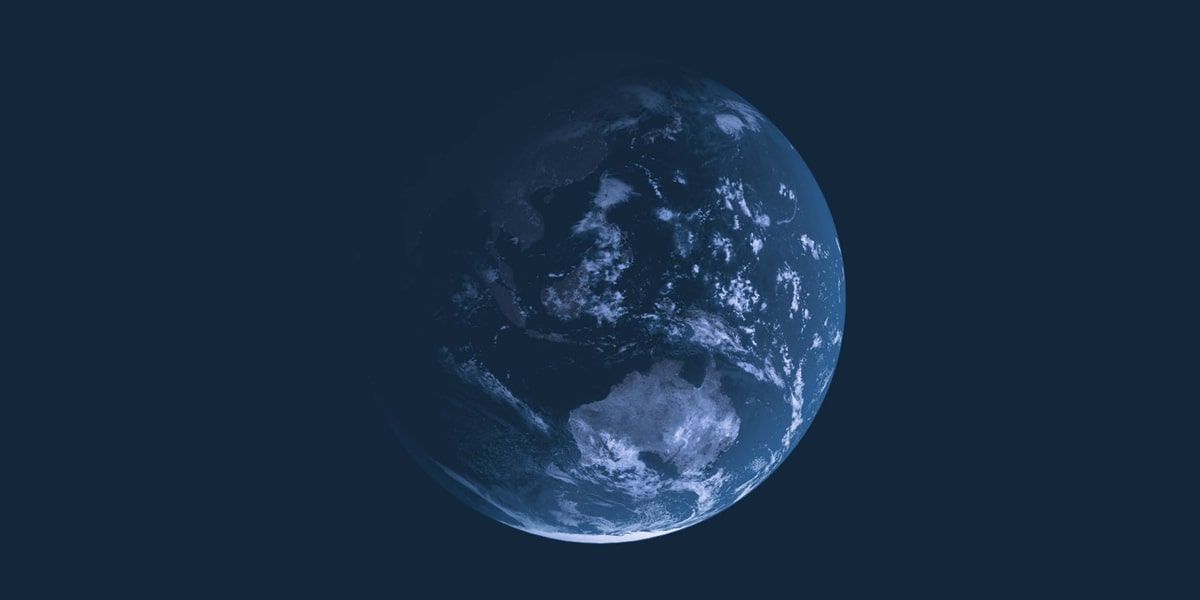
In 2023, Tonga’s Tupou Tertiary Institute (TTI) surveyed more than 1,000 citizens to better understand Tongans’ attitudes to the world. The survey was modelled on the annual Lowy Institute Poll and funded by the Australian government. The results show that geopolitical competition and the quest for influence is concerning Tongan people.
Tonga is at the centre of rising strategic attention. Australia and New Zealand are both doubling down on efforts to remain primary development and security partners in a competitive development domain.
In 1998, Tonga switched diplomatic recognition from Taiwan to China and was rewarded with large Chinese loans to finance infrastructure projects, but now they face hefty debt repayments. The United States is also vying for Tongan favour and to balance Chinese influence. A new US embassy was opened in Tonga in May 2023 and President Joe Biden announced increased aid in September. The United Kingdom has re-opened its diplomatic mission and Japan is increasing engagement, too.
It is a lot of pressure on a small nation. With all this attention, who do Tongans trust? Sustained and historic relations seem to hold sway, with New Zealand top-ranked followed by Australia, the United States and the United Kingdom. More recent and distant regional interlocutors are trusted less — Russia, India and China.
Tongans worry about external influences on political processes, with nearly 90 per cent concerned about China’s influence. Fewer Tongans, but still a lot, are concerned about the influence of the United States (70 per cent) and Australia (65 per cent). Like others in the region, there’s a perception that sovereignty is on the line as geopolitics heats up.
Beyond the political jostling, issues affecting safety are keenly felt. Six out of ten reported feeling “unsafe” or “very unsafe”. The worrying issues reflect concerns elsewhere in the region. During polling, Covid-19 was still the most critical perceived threat to safety (79 per cent). Health security has long been high on the Pacific agenda. Beyond communicable diseases such as Covid and measles, another killer lurks. Non-communicable diseases including heart disease and diabetes are the leading cause of deaths in Tonga, and elsewhere in the Pacific.
Surprisingly, about three-quarters of Tongans judged international terrorism to also be a big concern, despite no terror threats in their country, although terrorism and conflict can have impacts on Tonga via supply chain interruptions and inflation.
Given all the international focus on Pacific security pacts and agreements, what are Tongan perceptions of international security and defence policies?
The results are mixed – and depend on the partner nation. Slightly more than half of Tongans believe a military partnership with New Zealand, Australia and the United States will make Tonga and the region more safe. About the same number of people believe their nation would be less safe if it has a military partnership with China.
Views on Australia’s AUKUS policy are evenly split. About a third of Tongans see Australia’s acquisition of nuclear-powered submarines as making the region more safe. Fewer people – just over a quarter – say it will make the region less safe. Legacies of nuclear testing in the Pacific Islands region likely contribute to negative feelings towards these nuclear-powered submarines.
Given the intense international reaction to news of China’s potential military base in Solomon Islands just two years ago, the poll sought Tongans’ views about allowing foreign militaries to base their forces in Tonga. A slim majority are “strongly in favour” of allowing the United States to base its forces in Tonga (42 per cent) compared with 39 per cent for Australia and 35 per cent for the United Kingdom. In stark contrast, more than half of Tongans said they are “strongly against” China having a military base in Tonga.
Looking into the future, the prospect of China becoming a military threat to Tonga in the next two decades is deemed “likely” or “very likely” by an astounding 80 per cent. And right now, a quarter of Tongans see China as more of a security threat than an economic partner, despite China being ranked as Tonga’s second “best friend in the world” (following New Zealand – Australia and the United States come third and fourth). This “best friend” view is likely due to Tongans’ perceptions of which nation their government is most close to.
Beyond security and defence, the Tongan people were asked for their views on aid and foreign policy.
An overwhelming majority see budgetary support as “mostly good” for Tonga, with budget priorities evenly split between long-term economic development (21 per cent), education (20 per cent) and health (17 per cent). Disaster relief and climate change followed (14 and 13 per cent respectively). Infrastructure received 7 per cent support, despite the intensifying race for influence via infrastructure investment.
Receiving the lion’s share of votes on Tonga’s foreign policy priorities, more than a third felt the need to focus on “cooperation with traditional partners (Australia, New Zealand) and Western countries including the United States and the European Union”. Reducing national debt followed with 22 per cent concerned, indicating public consciousness of Tonga’s huge indebtedness, mostly to China.
And what is the best news story for Canberra and Wellington?
Tongans feel very “warmly” towards these two development partners. Both received a score of 95°C on the “feelings thermometer” of countries in the region, just two degrees above Fiji and 45 degrees above Samoa – a regional cousin but one with a history of friendly and competitive relations.
In the end, focusing on development cooperation – not security pacts – can only push those very warm feelings higher. And given Tongans’ strong concerns about the threat of the pandemic, it seems one good place to cooperate is in Tonga’s health system.
